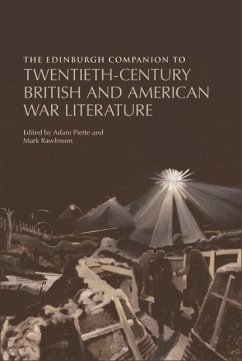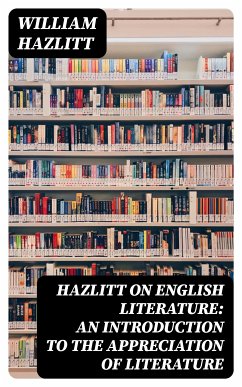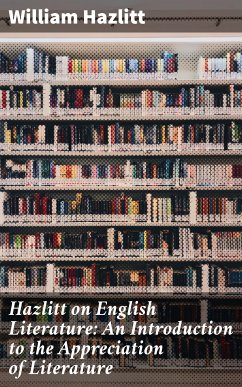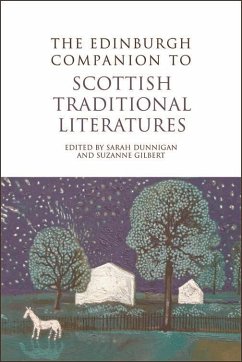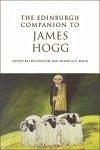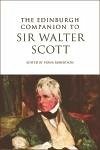
Edinburgh Introduction to Studying English Literature (eBook, ePUB)
Versandkostenfrei!
Sofort per Download lieferbar
14,95 €
inkl. MwSt.
Weitere Ausgaben:

PAYBACK Punkte
7 °P sammeln!
The essential guide for students of literatureExtensively tested at the University of Edinburgh, this introduction to the tools required for literary study provides all the skills, background and critical knowledge which students require to approach their study of literature with confidence. This second edition includes 3 new chapters on Reading, Writing an Essay, and Reflecting. Each focuses on the 'how to' element when studying literature, and covers issues such as how to avoid plagiarism, and how to prepare a bibliography.The original emphasis on clear explanation of critical practices, and...
The essential guide for students of literature
Extensively tested at the University of Edinburgh, this introduction to the tools required for literary study provides all the skills, background and critical knowledge which students require to approach their study of literature with confidence. This second edition includes 3 new chapters on Reading, Writing an Essay, and Reflecting. Each focuses on the 'how to' element when studying literature, and covers issues such as how to avoid plagiarism, and how to prepare a bibliography.
The original emphasis on clear explanation of critical practices, and of literary forms, styles and techniques remains. These explanations are carefully illustrated through examples taken from readily-available works, especially those included in the Norton Anthology of English Literature. The result is a well-stocked toolbox providing introductions to the ways in which literary texts can be approached as well as to the critical, formal and historical understanding this requires.
New for this edition:
Extensively tested at the University of Edinburgh, this introduction to the tools required for literary study provides all the skills, background and critical knowledge which students require to approach their study of literature with confidence. This second edition includes 3 new chapters on Reading, Writing an Essay, and Reflecting. Each focuses on the 'how to' element when studying literature, and covers issues such as how to avoid plagiarism, and how to prepare a bibliography.
The original emphasis on clear explanation of critical practices, and of literary forms, styles and techniques remains. These explanations are carefully illustrated through examples taken from readily-available works, especially those included in the Norton Anthology of English Literature. The result is a well-stocked toolbox providing introductions to the ways in which literary texts can be approached as well as to the critical, formal and historical understanding this requires.
New for this edition:
- 3 new chapters on Reading, Writing an Essay, and Reflecting
- Updated Works Cited
- Texts discussed in the book keyed to the latest edition of the Norton Anthology of English Literature
Dieser Download kann aus rechtlichen Gründen nur mit Rechnungsadresse in A, B, BG, CY, CZ, D, DK, EW, E, FIN, F, GR, HR, H, IRL, I, LT, L, LR, M, NL, PL, P, R, S, SLO, SK ausgeliefert werden.




